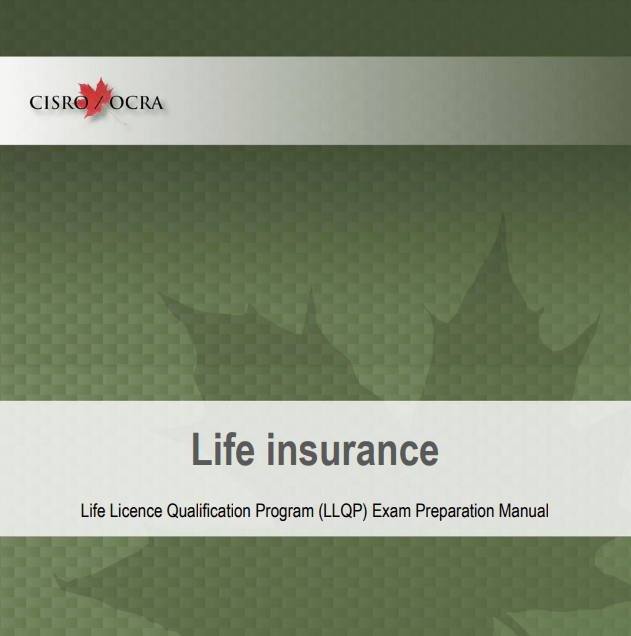Chapter 14: Ethics(PMC Review Questions)
Ethics can be defined as the process of applying the core values of the mortgage industry to a practitioner’s daily conduct.
Honesty, integrity, acting in the best interests of the client and the industry, and complying with the law and codes of conduct are the core values of the industry.
1. What are the facts?
Before one can come to a decision whether an action is ethical he or she must be relatively certain that all of the facts have been obtained. Failure to do so can result in a faulty decision.
2. Identify the potential solutions
Next, it is necessary to list the possible solutions to the problem. Once all of the possible solutions are listed, one can apply the next step in the process. It’s important to note that if you are too involved in a situation you may not be able to clearly see all of the potential solutions. In this instance it may be necessary to obtain the input of others, such as a co-worker or family member, to add some clarity and objectivity to the discussion.
3. Apply the core value: Honesty
Which potential solutions support this core value? To answer this question apply this core value to each of the solutions from step 2. Do any of the solutions contravene this value? If so, it is not necessary to proceed further; that solution is clearly unethical. Move to the test for integrity with the remaining solutions.
4. Apply the core value: Integrity
Does the potential solution compromise your integrity? In other words, would this solution be inconsistent with how you live and what you believe in? If the answer is yes you must deem this solution unethical. Move to the test of acting in the best interests of your client with the remaining solutions.
5. Apply the core value: Act in the best interests of your client
To be able to apply this core value it is necessary to have performed a detailed needs assessment to determine exactly what his or her needs are. Does the potential solution result in an action that is in the best interests of your client? If it does not, you must discard that solution. The remaining solutions can be taken to the next test.
6. Apply the core value: Act in the best interests of the industry
Does the potential solution reflect well on the industry? Acting in the best interests of the industry does not necessarily mean that the solution must have a positive impact on the industry, such as raising public awareness of the benefits of using a broker, but that it must not act against the best interests of the industry. Even if a potential solution has made it this far, the question would then be: is this solution detrimental to the industry? If the answer is yes, the solution must be discarded. If not, move on to the final core value test.
7. Apply the core value: Comply with law and codes of conduct
Finally, this core value is applied to the remaining solutions. If any contravene this core value they must be discarded.
8. Choose the best solution
Any solutions now available to you can be reasonably assumed to be ethical. If you have more than one solution still available, the test of which provides the greatest good can be applied. In most cases, however, only one solution will remain.
9. Review the process
Once you’ve reached a decision it is important to review the process step by step to ensure that your tests were applied objectively and without bias. It may also be helpful to discuss the process with someone you trust, as long as the discussion does not disclose confidential information, or information that might damage another’s reputation.
To ensure that he or she has thought of all possibilities and that his or her final decision was arrived at objectively and free of bias.
Do additional research if applicable, ask family, friends and colleagues.
He or she should make every effort to obtain all of the facts and should refrain from making a final decision until he or she is certain that all of the facts, or as many facts as possible, have been considered.
If two or more possible solutions make it to the final step, the decision maker should consider the choice that makes the most positive impact.
This question requires personal introspection.
Depending on the situation an individual might not be able to see all solutions clearly. If this is the case others should be consulted to determine if there are any solutions that may have been excluded.
This question requires personal research and will differ from person to person.
The MBRCC is a forum for Canadian mortgage broker regulators to collaborate and promote regulatory consistency to serve the public interest.
Any stricter or more specific requirements, rules or standards of conduct take priority over the Code.
The MBRCC developed this plain-language Code of Conduct (Code) to promote high standards of conduct to protect consumers of mortgage brokering services.
Acting in the best interests of the industry does not necessarily mean that the solution must have a positive impact on the industry, such as raising public awareness of the benefits of using a broker, but that it must not act against the best interests of the industry.
No, because if it is not affordable it is not in the borrower’s best interests.





